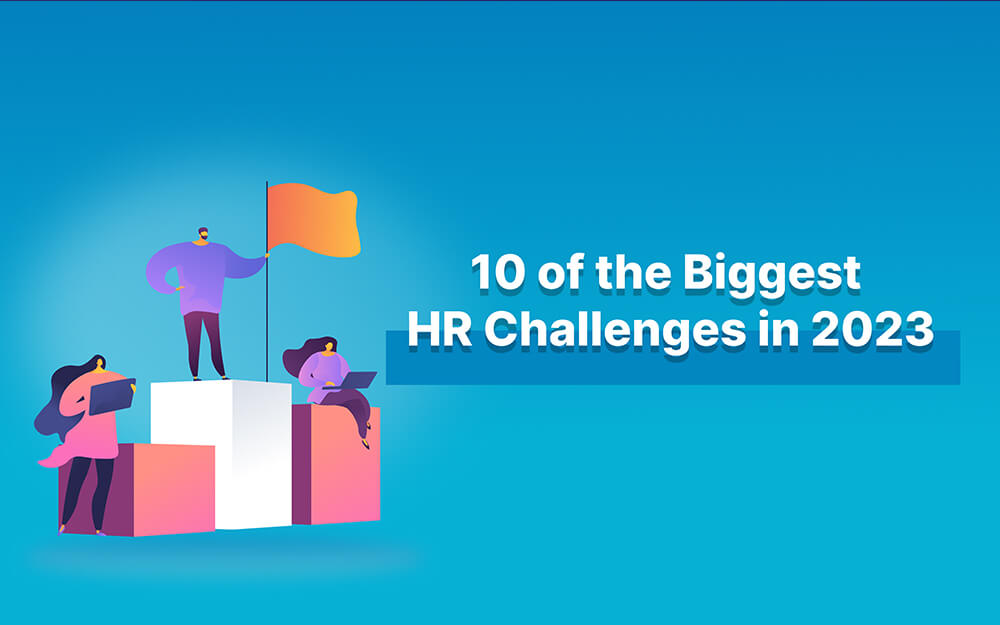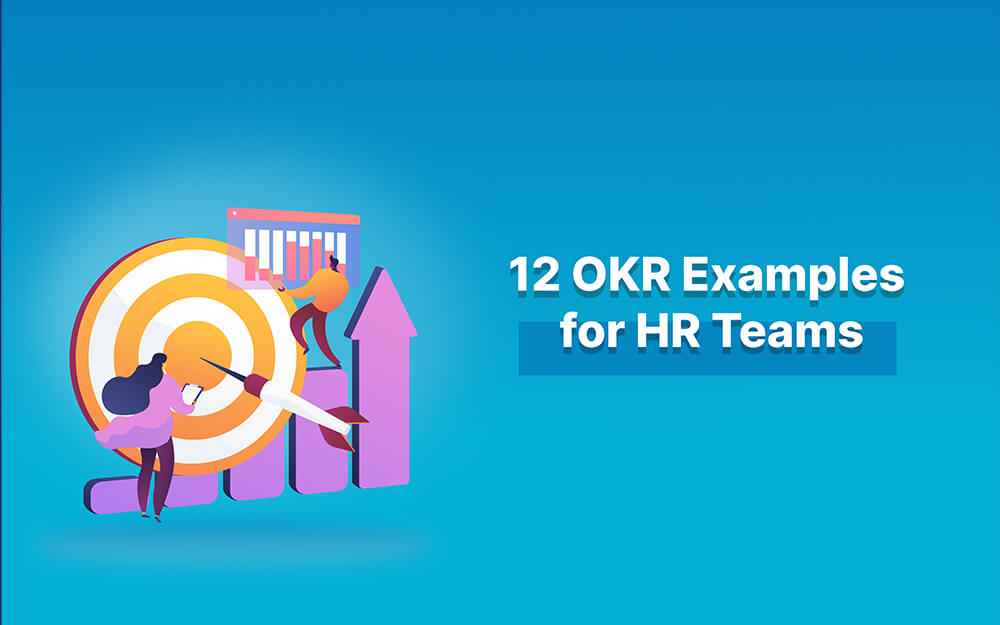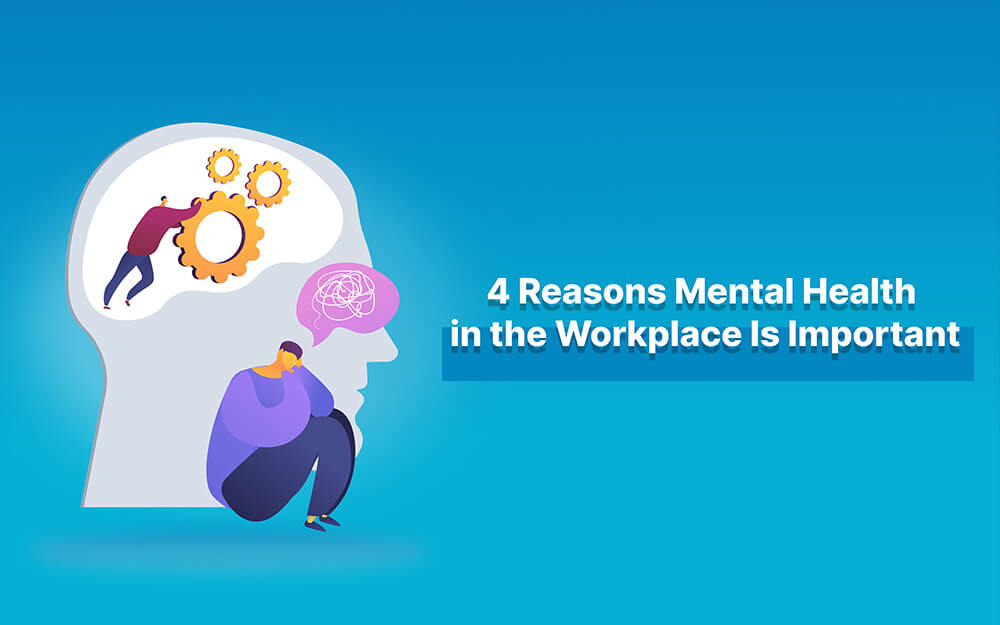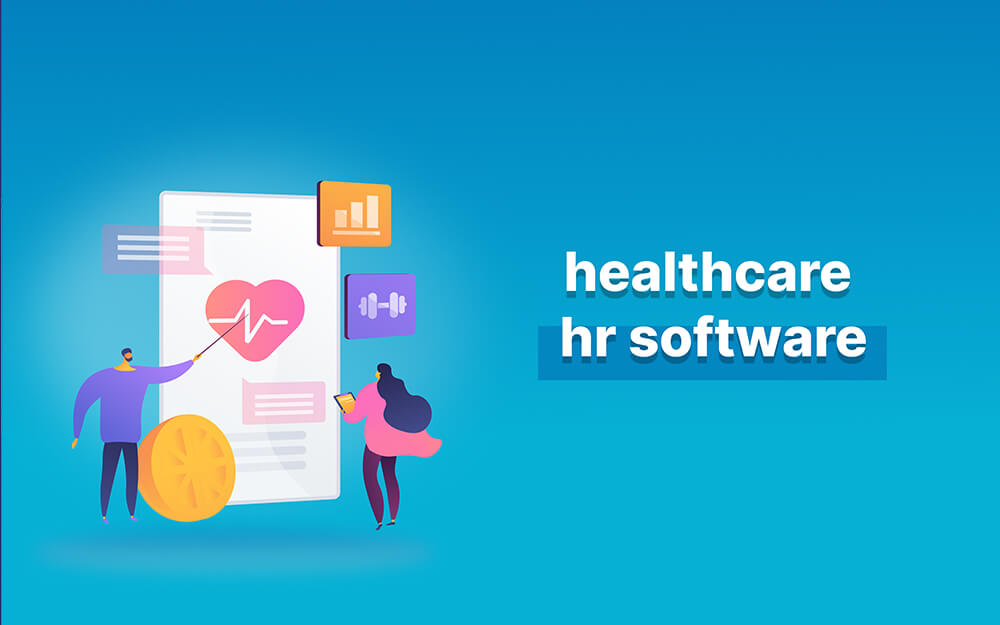10 of the Biggest HR Challenges in 2023
The field of Human Resources (HR) is constantly evolving, adapting to the changing needs of the workforce and the business landscape. As we enter 2023, HR professionals face a myriad of challenges that require innovative solutions and proactive strategies. In this blog, we will explore some of the biggest HR challenges anticipated in 2023 and discuss how organizations can overcome them to thrive in the dynamic workplace.
Human resources (HR) departments play a crucial role in managing the workforce and fostering a productive and harmonious work environment. However, as the business landscape continues to evolve rapidly, HR professionals face numerous challenges in keeping up with the changing dynamics. In this blog, we will explore 10 of the biggest HR challenges that are expected to impact organizations in 2023.
1- Evolving Workforce Dynamics:
The modern workforce is diverse, multigenerational, and digitally connected. HR departments must adapt to the changing expectations and needs of employees, including flexible work arrangements, remote work options, and a focus on work-life balance. Creating a supportive work environment that caters to these evolving dynamics is crucial for attracting and retaining top talent.
2- Talent Acquisition and Retention:
As the job market becomes increasingly competitive, attracting and retaining top talent remains a significant challenge for HR professionals. Developing effective recruitment strategies, implementing employer branding initiatives, and creating attractive employee benefits packages are crucial in this context.
3- Diversity, Equity, and Inclusion (DEI):
Promoting diversity, equity, and inclusion within the workplace is a priority for organizations in 2023. HR departments need to develop comprehensive DEI strategies, implement bias-free recruitment practices, and foster an inclusive culture that celebrates differences and ensures equal opportunities for all employees.
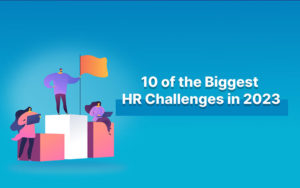
4- Workforce Skills Development:
With technological advancements and evolving job roles, upskilling and reskilling the workforce is vital. HR departments must identify skill gaps, create robust training programs, and encourage continuous learning to keep employees’ skills relevant and aligned with the organization’s needs.
5- Mental Health and Well-being:
Employee well-being and mental health have gained significant attention in recent years. HR professionals must prioritize mental health initiatives, provide resources for stress management, and promote work-life balance to create a supportive and healthy work environment.
6 -Employee Engagement and Retention:
Engaged employees are more productive, motivated, and likely to stay with the company. HR departments need to develop strategies to enhance employee engagement, such as fostering a positive work culture, recognizing employee achievements, and providing growth opportunities.
7- Technological Integration:
Leveraging technology is crucial for streamlining HR processes and improving efficiency. HR professionals should embrace HR software, artificial intelligence (AI), and automation tools to enhance recruitment, onboarding, performance management, and data analytics.
8- Compliance and Regulatory Changes:
Staying compliant with ever-changing employment laws and regulations is a constant challenge for HR departments. They must remain updated on legal requirements, implement necessary policies and procedures, and ensure fair treatment of employees to avoid legal complications.
9- Succession Planning:
Preparing for leadership transitions is essential for organizational continuity. HR professionals must identify and develop high-potential employees, create succession plans, and provide necessary training and mentoring to ensure a smooth transition of key positions.
10- Workforce Flexibility:
Employees increasingly seek flexibility in their work arrangements. HR departments should embrace flexible work options, such as remote work, flextime, and compressed workweeks, while also balancing the organization’s needs and maintaining productivity.
As HR departments handle sensitive employee data, ensuring data privacy and security is of utmost importance. With the increasing risk of cyber threats and data breaches, HR professionals must implement robust data protection measures, maintain compliance with data privacy regulations, and educate employees about cybersecurity best practices.
Conclusion:
As HR professionals navigate the year 2023, they must be prepared to tackle these significant challenges head-on. By addressing issues such as remote workforce management, talent acquisition and retention, diversity and inclusion, skills development, and employee well-being, HR departments can contribute to building a resilient and successful organization. Embracing technology, staying compliant, and planning for leadership transitions will also be crucial in navigating the evolving HR landscape. With strategic and proactive approaches, HR professionals can turn these challenges into opportunities for growth and development in the years ahead.

